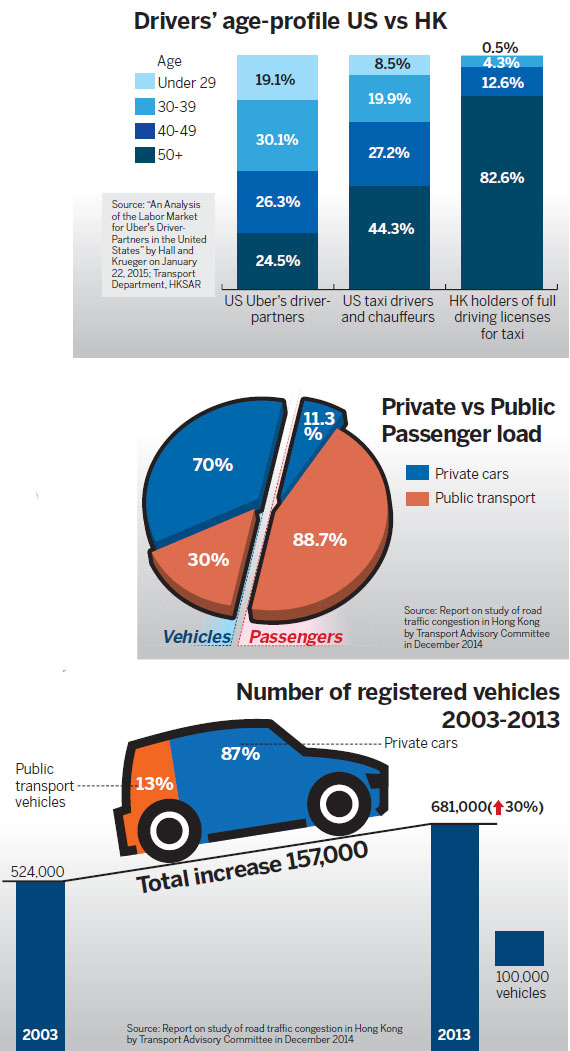How to Calculate DTI for Car Loan: A Comprehensive Guide to Understanding Your Debt-to-Income Ratio
Guide or Summary:Understanding DTI: What Is It?How to Calculate DTI for Car LoanWhy Is DTI Important for Car Loans?Improving Your DTI RatioWhen it comes to……
Guide or Summary:
- Understanding DTI: What Is It?
- How to Calculate DTI for Car Loan
- Why Is DTI Important for Car Loans?
- Improving Your DTI Ratio
When it comes to securing a car loan, understanding your financial standing is crucial. One of the key metrics lenders consider is your Debt-to-Income (DTI) ratio. In this guide, we will delve into how to calculate DTI for car loan, why it's important, and how you can improve your chances of getting approved for that dream vehicle.
Understanding DTI: What Is It?
The Debt-to-Income ratio is a financial measure that compares your total monthly debt payments to your gross monthly income. It's expressed as a percentage and serves as an indicator of your ability to manage monthly payments and repay debts. Lenders use this ratio to assess the risk of lending you money. A lower DTI suggests that you have a good balance between debt and income, making you a more attractive candidate for a loan.
How to Calculate DTI for Car Loan
Calculating your DTI is relatively straightforward. Here’s how you can do it step by step:
1. **Determine Your Monthly Debt Payments**: Start by listing all your monthly debt obligations. This includes your mortgage or rent, credit card payments, student loans, and any other loans you may have. For car loans specifically, include the estimated monthly payment you expect to make.
2. **Calculate Your Gross Monthly Income**: Next, determine your gross monthly income. This is your income before taxes and other deductions. If you have multiple income sources, such as a side job or rental income, be sure to include those as well.

3. **Use the DTI Formula**: Once you have both figures, you can calculate your DTI using the following formula:
\[
\text{DTI} = \left( \frac{\text{Total Monthly Debt Payments}}{\text{Gross Monthly Income}} \right) \times 100
\]
For example, if your total monthly debt payments are $1,500 and your gross monthly income is $5,000, your DTI would be:

\text{DTI} = \left( \frac{1500}{5000} \right) \times 100 = 30\%
Why Is DTI Important for Car Loans?
Lenders typically have DTI thresholds that they consider acceptable. A DTI of 36% or lower is generally seen as favorable, while a DTI above 43% may raise red flags. Understanding how to calculate DTI for car loan can help you gauge your financial health and make informed decisions before applying for a loan.
Improving Your DTI Ratio
If your DTI is higher than you’d like, don’t worry—there are steps you can take to improve it:
1. **Pay Down Existing Debt**: Focus on reducing your existing debts. This could mean paying off credit cards, loans, or any other obligations.
2. **Increase Your Income**: Consider taking on a part-time job or freelance work to boost your income. Even a small increase can significantly impact your DTI.
![]()
3. **Avoid New Debt**: Before applying for a car loan, try to avoid taking on new debts. This will help keep your DTI in check.
4. **Consider a Co-Signer**: If you’re struggling with your DTI, having a co-signer with a stronger financial background can improve your chances of securing a loan.
Understanding how to calculate DTI for car loan is essential for anyone looking to finance a vehicle. By knowing your DTI and taking steps to improve it, you can enhance your chances of loan approval and secure better interest rates. Always remember that lenders are looking for borrowers who can manage their debts responsibly, so keeping your DTI in a healthy range is beneficial not just for car loans, but for your overall financial well-being.